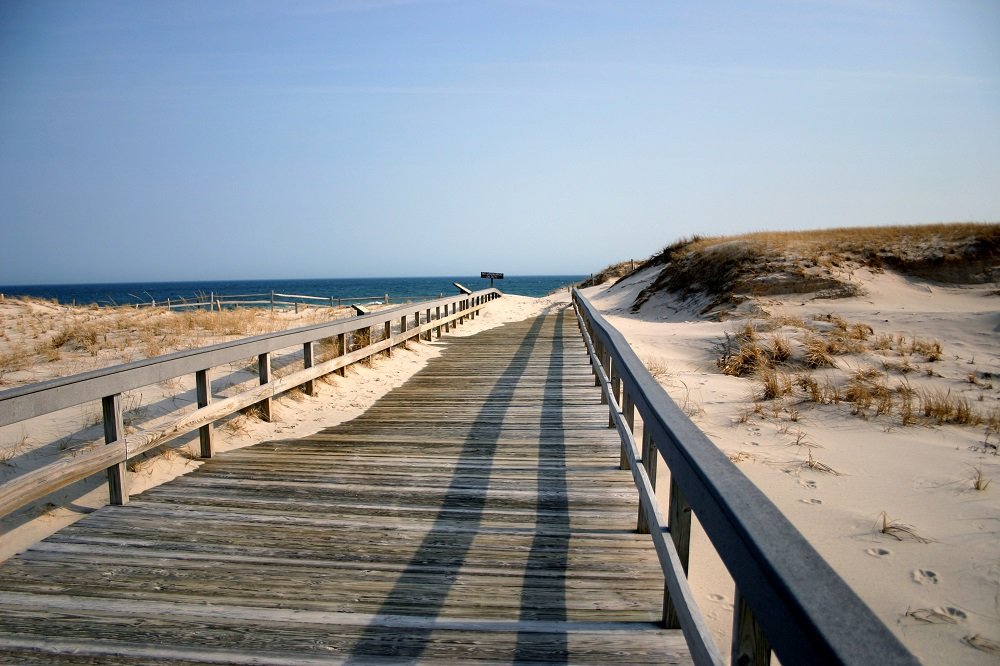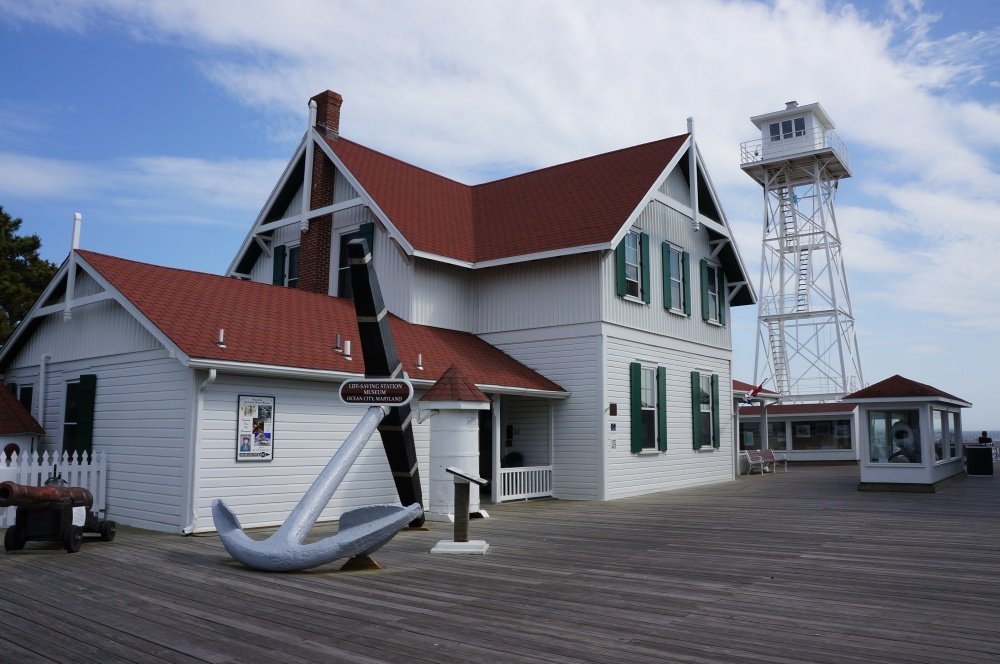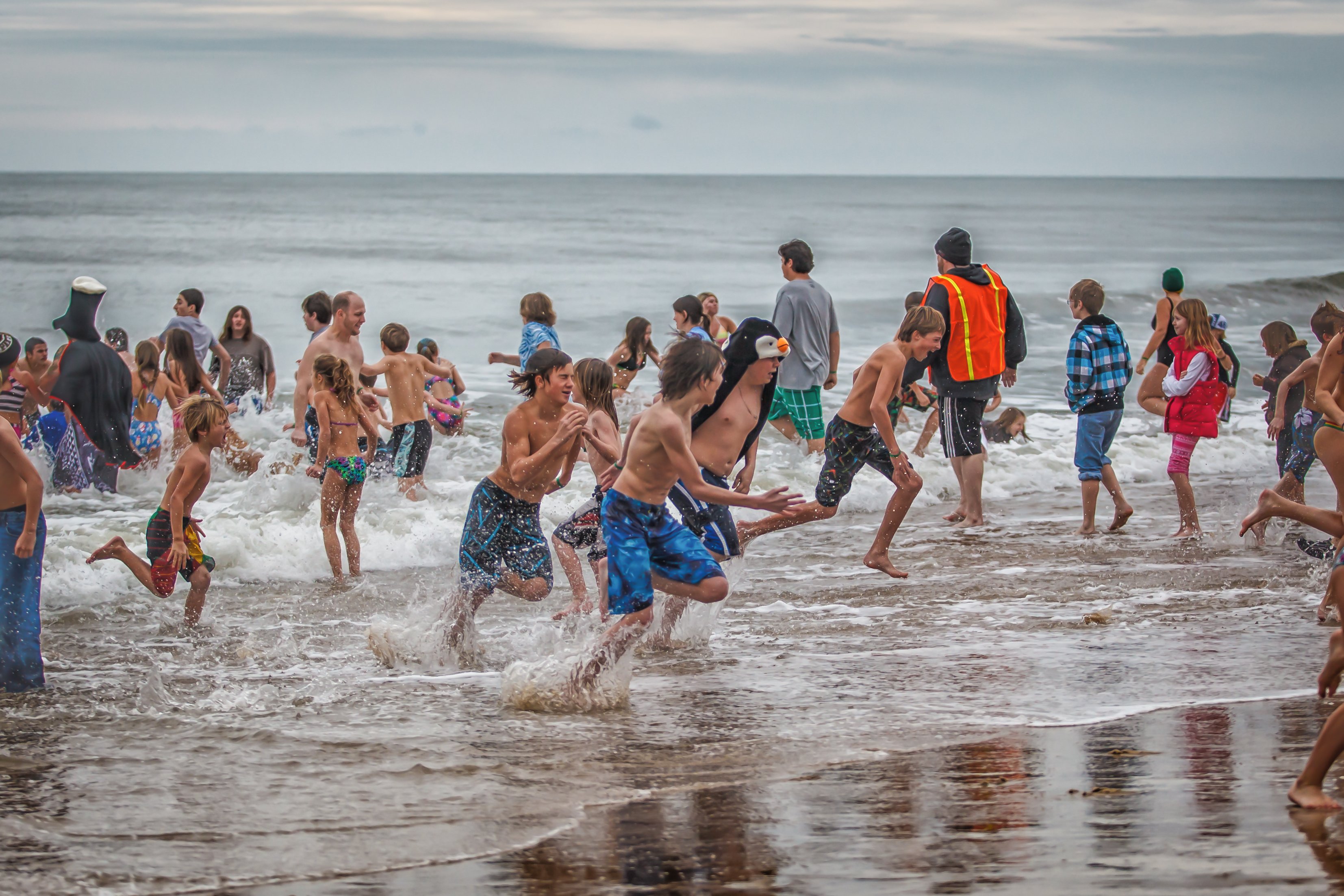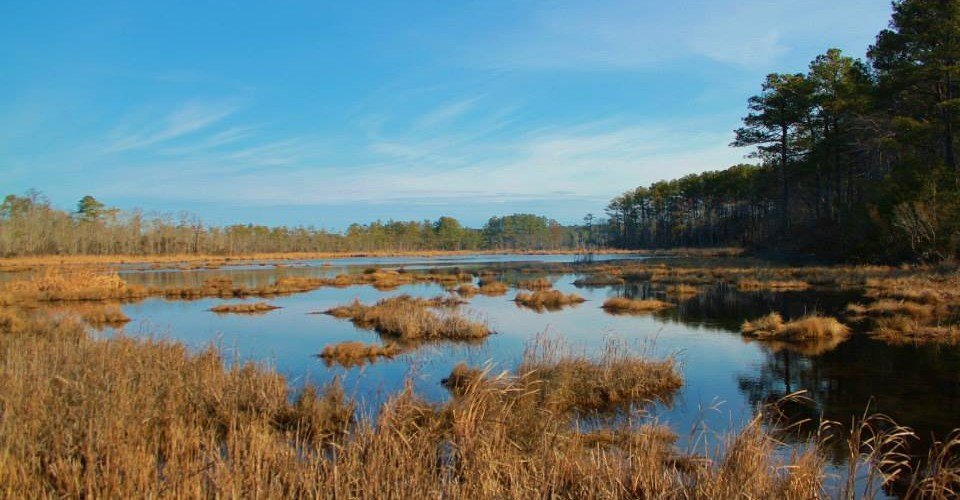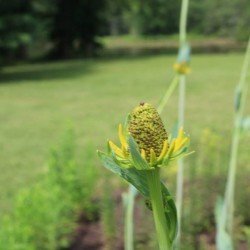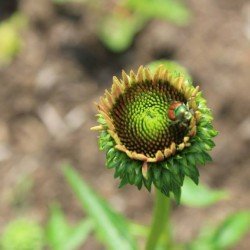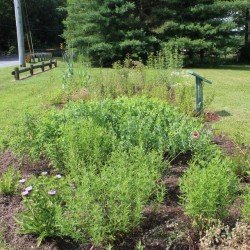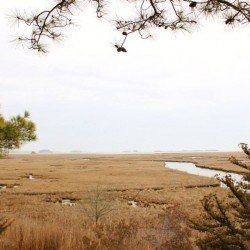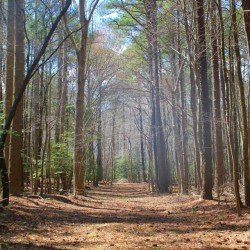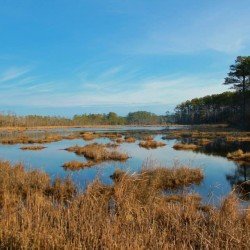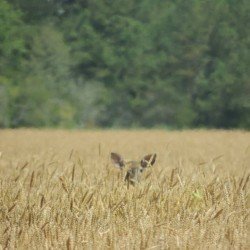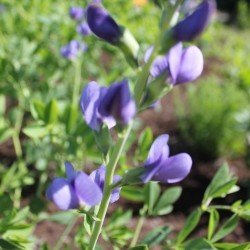While it may seem like we spend most of our time traveling across Delmarva attending local events and interviewing fantastic local business owners, we also like to dedicate a significant amount of our time to learning more about local initiatives to improve the environment and natural habitat here on the Eastern Shore. We caught up with the Lower Shore Land Trust (LSLT) recently to learn more about their mission in land conservation across Wicomico, Worcester and Somerset Counties and were instantly in awe of all that the small organization accomplishes in an effort to protect our local forest and farmland.
“Our mission is primarily land conservation and land protection,” said Outreach Coordinator Victoria Bauer as we sat down to discuss the ins and outs of the LSLT, including their recent push to inspire stronger community interest. “We’ve been doing a sort of facelift to our mission because we want the community involved. We’re trying to bring the idea of land conservation to peoples’ backyards.”
Let’s rewind for a minute and take a crash course in the LSLT. Celebrating its 25th year, the LSLT “protects forests and farmlands for strong local economies; natural resources for diverse wildlife and clean water, and rural landscapes in Somerset, Wicomico and Worcester Counties.” The private, non-profit, charitable organization got its start in 1990, and has been working tirelessly ever since to protect the natural heritage of the Lower Eastern Shore habitats.
A major part of those efforts have included working with individual landowners to protect their lands though conservation easements. Bauer explained that currently, the LSLT has 111 land easements across Wicomico, Worcester and Somerset Counties. Conservation easements between the land owners and the Lower Shore Land Trust ensure that a property will not be developed beyond an agreed upon limit. Landowners can still continue to farm, hunt or reserve certain building rights, while simultaneously gaining valuable protection and conservation of their lands through assistance from the Land Trust. Of course there are specific criteria for land owners to meet before an easement is approved. There are a variety of land conservation techniques made available, including analysis on how to prioritize future land use thanks in large part to funding from the Chesapeake Bay Trust.
Another major LSLT initiative includes advocating for the use of native plants. “These are plants that naturally thrive in our area…they are super low maintenance,” said Bauer. “People don’t realize just how much easier they are to maintain.” Native plants are an excellent example of one of the many ways that you can bring land conservation into your own backyard with very little effort. Because native plants are (you guessed it) native to the area, they are perfectly suited to surviving and thriving in the local environment, requiring less water, fertilizer, pesticides, or effort to maintain. What’s more, native plants provide a natural habitat for beneficial insects, as well as food for migratory birds. “Many people don’t realize that you’re creating an ecosystem for an entire food chain,” said Bauer, adding that exotic plants can actually have an adverse effect, diminishing native bugs and insects that are crucial to our local ecosystem.
In addition to being incredibly easy to maintain, native plants also bring the added bonus of catering to pollinators, which are vital to our existence and critical to food and ecosystems. Unfortunately, pollinators are facing an increasing amount of danger both nationally and locally. “There is a huge decline in pollinator populations locally – specifically bees,” said Bauer. In an effort to repair the damage that habitat loss, disease, and pesticides have had on pollinators, the LSLT builds pollinator gardens throughout the Lower Shore, including recent additions at Salisbury University, Pemberton Historical Park, and at Wicomico County Schools.
In addition to the decline of pollinators on the Lower Eastern Shore, Bauer noted that the Northern Bobwhite, a once iconic Maryland bird, is also facing rapid decline. As a result, the LSLT is working to restore habitat for the Bobwhite. “People often look at the Shore and think because it’s rural there isn’t a problem, but a lot has been degraded and wildlife is threatened,” said Bauer. One way to battle threats to our local ecosystem is through land protection and easements. “Erecting habitat on our protected lands is ideal because it will remain un-fragmented,” Bauer pointed out.
By now you’re probably asking yourself how YOU can make an impact as well. For starters, by planting native plants! Each spring, look for the LSLT Native Plant Sales to purchase native plants for your property. You can also volunteer as a Land Steward. Bauer and the LSLT stewards dedicate time to working with easement landowners to ensure the conservation values are being upheld. “You get to walk beautiful properties that you might not otherwise have access to,” said Bauer, adding that it is a terrific opportunity to get outdoors and explore some of the beautiful lands and natural habitats of the Lower Eastern Shore. Volunteers are also welcome in any capacity, from working Land Trust events to helping with administrative work. “We have a whole spectrum of people that volunteer with us,” said Bauer.
There are also a number of fun LSLT events to attend, including the annual Get Bluegrass event that is held each fall (stay tuned for details). The LSLT will also be celebrating their 25th year with an anniversary party in December.
Of course, as a non-profit, charitable organization, donations are always accepted as well. Simply visit lowershorelandtrust.org to learn more. In the meantime, stay tuned to our weekly and monthly roundup of events, as we always include the LSLT events in our local happenings. At ShoreBread, we value our local non-profits, but more importantly, we value the beautiful landscape that we are lucky enough to call home. We look forward to doing our part, and hope you do too!
Photos courtesy of the Lower Shore Land Trust

